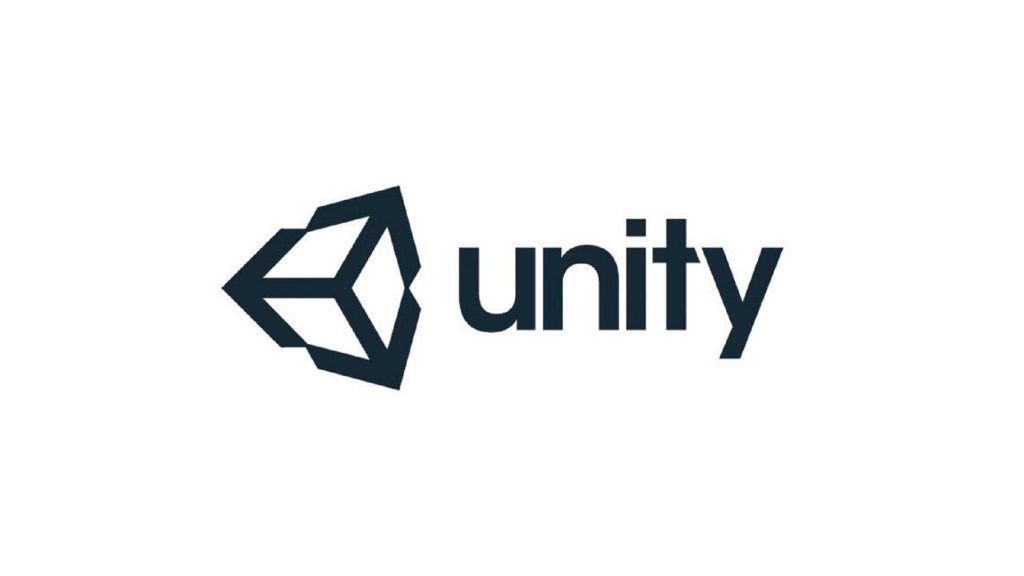After facing quite a bit of backlash and criticisms for its recent monetisation update, the company behind the ubiquitous Unity engine has released a new updated plan for monetisation going forward, along with an open letter to its community explaining the changes.
Unity is removing its new Runtime Fee policy altogether for games built on Unity Personal, with the cap going from $100,000 to $200,000, as well as the removal of the requirement to use the Made with Unity splash screen when the game starts up.
Unity Pro and Unity Enterprise will still be seeing the new Runtime Fee policy come into affect, but the major change this time around is that the policy won’t apply retroactively to games released in the past. Only games developed using the next LTS version of the engine, slated for release in 2024, will have to pay the Runtime Fee.
“I want to start with this: I am sorry,” says Unity engine and editor team lead Marc Whitten in the open letter. “We should have spoken with more of you and we should have incorporated more of your feedback before announcing our new Runtime Fee policy. Our goal with this policy is to ensure we can continue to support you today and tomorrow, and keep deeply investing in our game engine.
“You are what makes Unity great, and we know we need to listen, and work hard to earn your trust. We have heard your concerns, and we are making changes in the policy we announced to address them.”
The announcement comes on the heels of several indie developers criticising Unity for its Runtime Fee policy, which essentially meant that developers would have had to pay Unity any time a game made with Unity was downloaded. When originally announced, this policy included reinstalled games, and would apply to games using an older version of Unity engine.















